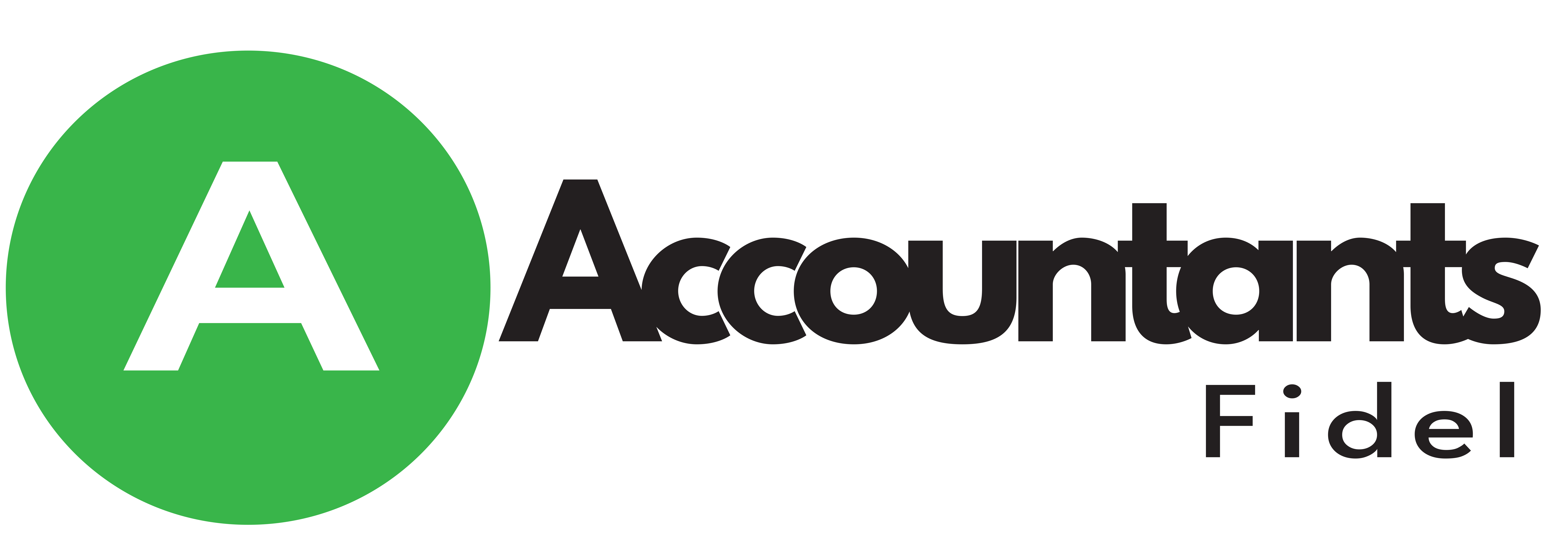The Benefits of Outsourcing Your Company’s Bookkeeping
Running a business involves juggling numerous responsibilities, and financial management is often one of the most time-consuming and complex aspects. For many business owners, keeping track of finances, managing accounts, and ensuring compliance can quickly become overwhelming. That’s where outsourcing your company’s bookkeeping can provide significant advantages. Here are some key benefits of outsourcing your bookkeeping functions:
1. Cost-Effective
Outsourcing bookkeeping can be a cost-effective solution, especially for small and medium-sized businesses. Hiring a full-time, in-house accountant can be expensive due to salaries, benefits, and training. With outsourcing, you only pay for the services you need, saving money on overhead costs. You also avoid the costs of recruitment, software, and office space.
2. Access to Expertise
By outsourcing your bookkeeping, you gain access to a team of skilled professionals with expertise in accounting practices and tax regulations. Outsourced bookkeepers stay up-to-date with the latest financial regulations, tax laws, and industry trends. This ensures your books are accurate and compliant with relevant legislation, reducing the risk of errors or penalties.
3. Focus on Core Business Activities
Outsourcing your bookkeeping allows you to focus on what you do best—running and growing your business. Instead of spending valuable time managing financial records, you can devote more energy to strategic initiatives, customer service, product development, or sales. This can ultimately help improve the overall efficiency and profitability of your business.
4. Improved Accuracy and Reduced Risk
Professional bookkeepers are trained to maintain accurate records and identify potential issues before they become major problems. Outsourcing helps reduce the likelihood of errors in financial reporting, which can lead to costly mistakes or missed opportunities. Moreover, outsourcing reduces the risk of fraud or mismanagement, as third-party providers often have built-in checks and balances.
5. Scalability
As your business grows, so too do your bookkeeping needs. Outsourcing offers the flexibility to scale your accounting services according to your company’s size and requirements. Whether you’re expanding operations, hiring more employees, or launching new product lines, outsourced bookkeeping services can easily adapt to your changing needs.
6. Access to the Latest Technology
Outsourcing firms often use advanced accounting software to ensure streamlined processes and accurate financial reporting. With outsourced bookkeeping, your business can benefit from the latest technology without the need to invest in expensive software or training. This access to modern tools can improve efficiency, provide real-time insights, and help you make data-driven decisions.
7. Timely Financial Reports
Timely and accurate financial reporting is crucial for making informed business decisions. Outsourced bookkeepers can ensure your financial statements, such as balance sheets, profit and loss accounts, and cash flow reports, are delivered on time. This enables you to monitor your company’s financial health regularly and take proactive steps when needed.
8. Better Tax Management
Tax compliance is a critical part of running a business, and managing your tax obligations can be complicated. Outsourcing your bookkeeping ensures your books are prepared correctly and in compliance with tax laws, making tax season much less stressful. Professional bookkeepers can also help identify potential tax-saving opportunities, reducing your overall tax liability.
9. Peace of Mind
Knowing that your company’s bookkeeping is in the hands of experts provides peace of mind. You can rest easy knowing that your financial records are being handled accurately, on time, and in compliance with regulations. This gives you confidence in your financial data and allows you to focus on the growth and development of your business.
Conclusion
Outsourcing your company’s bookkeeping offers many benefits, including cost savings, access to expert advice, improved accuracy, and more time to focus on your core business activities. Whether you’re a small business owner or managing a larger organization, outsourcing can help streamline your financial processes, reduce risks, and position your company for long-term success. By partnering with an experienced bookkeeping service, you’ll have the support and expertise needed to manage your finances effectively and grow your business with confidence.


